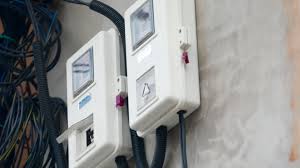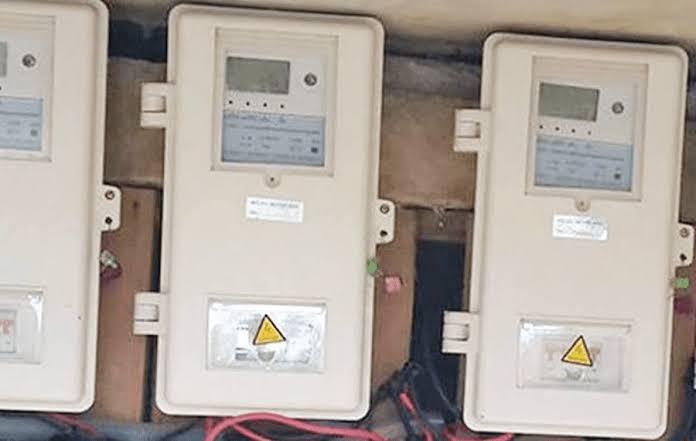MTN Communications Nigeria Limited, Golden Penny Power Limited, Havenhill Synergy, and other parties have received permits for mini-grid electricity generation from the Nigerian Electricity Regulatory Commission (NERC).
According to the NERC, three new trade licenses and nine new off-grid generation licenses, totalling 109.69 megawatts, were issued in the first quarter of 2024.
According to a commission report, Golden Penny Power Limited was granted permission to construct six off-grid gas plants in Lagos, Oyo, Ogun and Cross River. There is a 100MW overall capacity.
Read also: NIGCOMSAT bails telcos out of network crisis
Additionally, MTN was permitted to construct four 15.94MW captive power plants spread around Lagos State.
In addition to MTN, the following companies were allowed to produce captive power: Armilo Plastics Limited, West African Ceramics Limited, African Steel Mills Nigeria Limited, SweetCo Foods Limited, and Royal Engineered Stones Limited.
Businesses that pursue this goal are granted permits for the ownership and upkeep of power plants intended for internal use only—that is, not for selling to a third party. In 2024/Q1, the commission awarded nine permits for generating captive electricity, totalling 52.57MW nameplate capacity.
According to information obtained by our correspondent, Daybreak Power Solutions, TIS Renewable Energy Limited, Auro Nigeria Private Limited, Watts Exchange Limited, Centum Dopemu Energy Services Ltd, and DMD Electric Limited Lagos State are among the other licensed mini-grid firms.
Granted licenses by the amended Nigeria’s constitution
According to Section 165(1)(m) of the Electricity Act 2023, the commission can grant renewable energy companies licenses for mini-grid concessions to serve a particular geographic area exclusively. These concessions indicate that aggregate electricity will be generated and distributed from a site, and the companies must serve customers who request service.
Accordingly, the commission stated that it has continued promoting the creation and application of renewable energy by providing licenses and registration certificates to construct mini-grids.
A mini-grid developer is granted permission to build, run, maintain, and sometimes own mini-grids with a generation capacity of up to 1MW and a distribution capacity exceeding 100 kW.
The commission revealed that it grants registration certificates to a mini-grid provider for one or more systems with distribution capacities less than 100kW.
“The commission issued three mini-grid permits and two registration certificates in 2024/Q1 following the satisfactory evaluation of mini-grid applications,” the NERC said.
Approval of Meter Service Providers
NERC reported that it had approved six Meter Service Providers during the review period, comprising two manufacturers and four installers of meters.
A Meter Service Provider is an organisation recognised by the commission as a producer, distributor, vendor, or installer of electric energy meters and/or metering systems.
An organisation that receives a commission permit to offer metering services is known as a Meter Asset Provider. This organisation may handle meter finance, procurement, supply, installation, maintenance, and replacement.
The installers Genobet Limited, Mojec Meter Asset Management, Epagad International Services Limited, Abdulrahman Ahmadu Zubairu, Smart Meters Company Limited, and Crestflow Energy Limited are among the certified meter service providers.
Read also: S.Mobile and MTN Nigeria collaborate for MoMo PSB, data bundles, airtime
Orders issued by the Nigeria Electricity regulator
The commission added that in 2024/Q1, it published 36 new Orders in addition to one rule. NERC/2023/023—NERC/2023/033—Multi-Year Tariff Order 2024 for the Distribution Companies; NERC/2023/034—MYTO 2024 for the Transmission Company of Nigeria Plc; and NERC–R–001–2024—Eligible Customer Regulations, 2024 are among them.
Other orders include NERC/2023/035, which concerns the Transmission Company of Nigeria’s performance improvement plan; NERC/2024/001, which concerns regulatory intervention in Kaduna Electricity Distribution Plc; NERC/2024/004–014, which concerns DisCos’ noncompliance with capping estimated bills for January–September 2023; and NERC/2024/016–036. Throughout the quarter, the commission gave licensees 36 orders.


